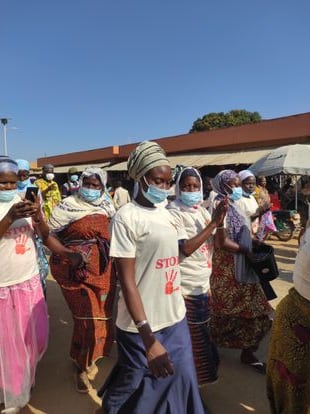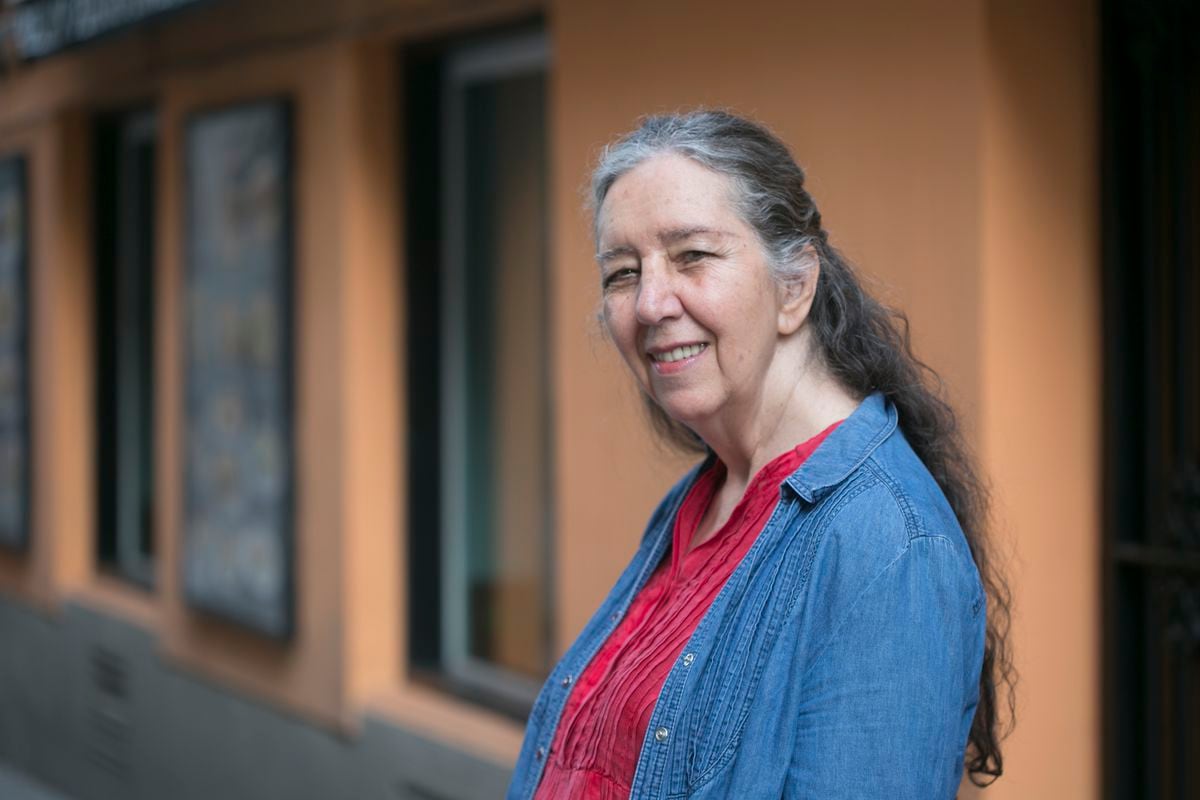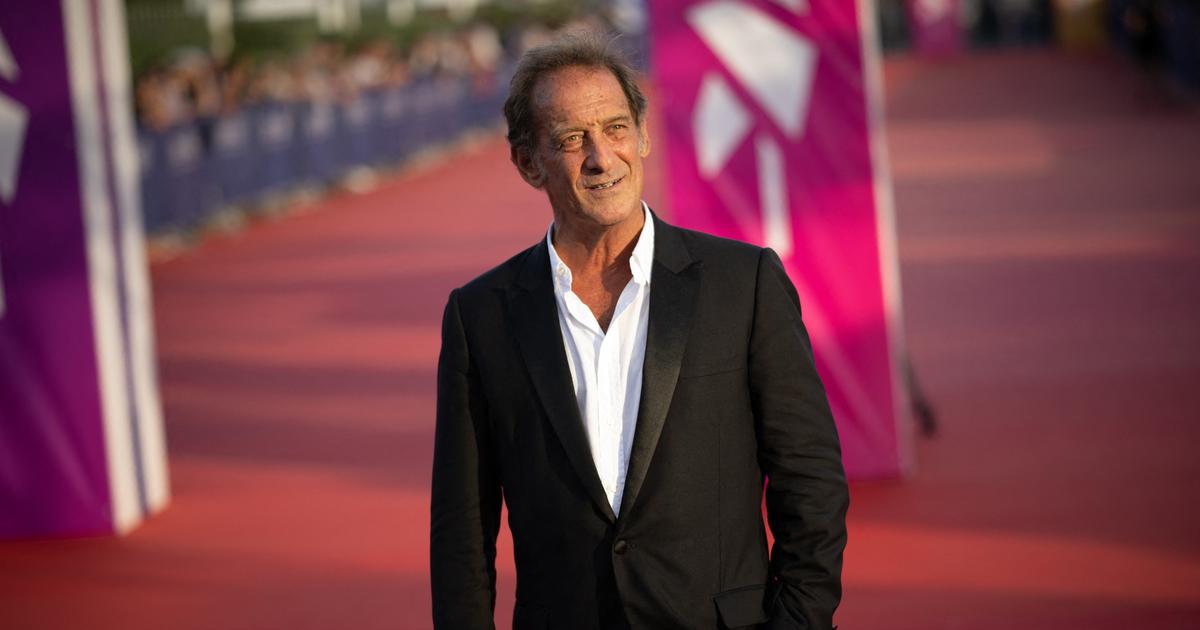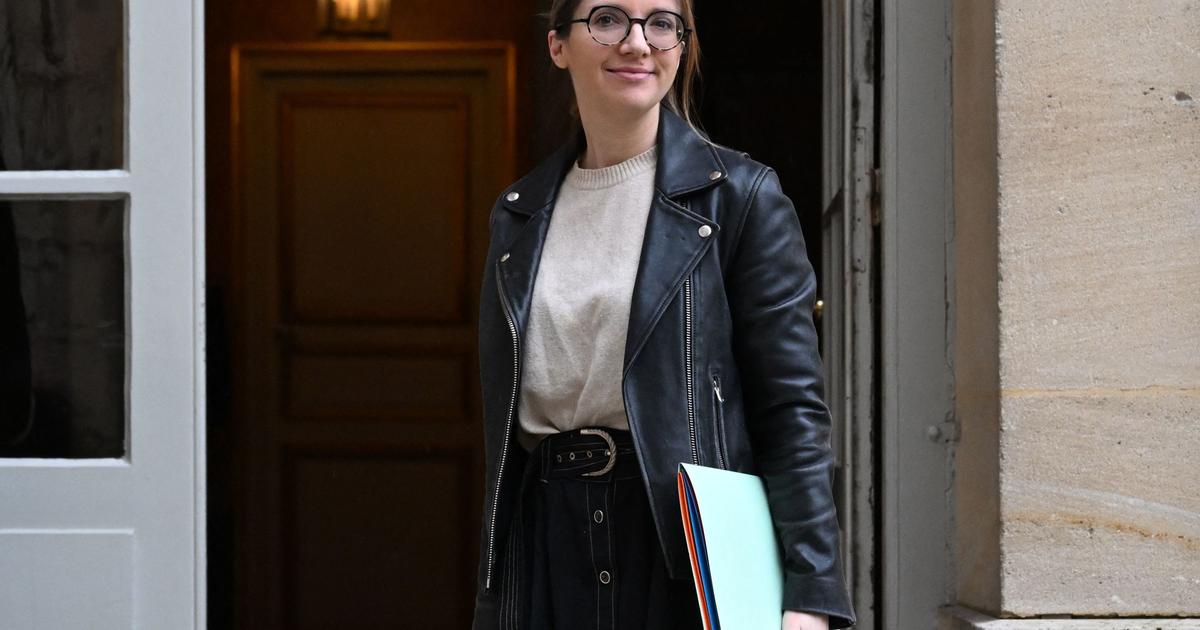Tonight, while we share a “Benínoise” beer and a “yuki” soft drink, Adisa tells me about her day to day.
He wakes up at four in the morning to prepare the food that he is going to sell on the road, so that the children who go to school can buy, until 10, when he goes to work in the fields to collect soybeans until the sun goes down .
Every day hundreds of women like my friend Adisa get up early before the mosques fill the early morning darkness in the city of Nikki with their songs. But November 25 is a special day for a small group of women in this city in northern Benin. They are called Soukiana, which in the Baatonou language means “let's love each other”. They are a group of 30 who are part of the microcredit project for women in Nikki, of the NGO OAN International, and who for five years have celebrated the international day against violence against women.
At eight in the morning they are ready in the Maison de la Gaaní, an emblematic building of the city where every year the great festival of the Baatonou people is celebrated. We enter the enclosure and the women greet me: "Akunando." To which I reply: "Alafia." And laughing they show me the shirts they wear for the occasion with a red hand painted and the word
stop
. The day begins with a short speech by two of the women and then the caravan is organized to go out and tour the city. The Soukiana group has been joined by the students from a nearby vocational training center and they all begin to walk and dance to the rhythm of the musicians who accompany them, with the banner that opens the march, on which you can read: “
Seme édition of international Journée of élimination of violence à l'égard des femmes
"
(
s
econd edition of the International Day for the Elimination of Violence against Women
).
Soukiana, which in the Baatonou language means "let's love each other", are 30 women who are part of the microcredit project for women, who have been joined in the march by students from a nearby vocational training center
I follow the march from outside, recording how the women dance and sing, while the people on the street look at them strangely, there is even a car that goes by whistling and insulting them. Our colleagues from the NGO OAN in Nikki called the police to come to protect the protesters. But the agents do not come to their appointment, so they go out alone, in an environment where their claim is a true act of courage. Last year, one of the participants was kicked out of her home by her husband after the demonstration. This time there are barely 40, however, they represent the feelings of thousands of them, who cannot raise their voices, but who look at them in the distance, from their market stalls, narrowing a smile.
The police, notified of the demonstration, do not attend their appointment, and the women go out alone to march, in an environment where their claim is a true act of courage
The day before, when we were making preparations for the day, I saw that Amina, the Soukiana group trainer, had a big burn on her arm, and I asked her how she had done it.
She told me that Awau's husband, one of the women in the group, had come drunk, in broad daylight, to beat his wife, and she got in the way and trying to protect her friend was hit with a burning wood.
I ask her what can be done about this violence, to which she replies that the only thing a woman could do is flee, but that she will never do it.
"Can't you report it?" I ask naively.
One of the participants of the march, with the shirt with a red hand painted and the word "stop".
As a lawyer, the first thing I think about is legal protection, and indeed the law in Benin protects women and condemns aggressors.
However, the regulations are very far from social reality.
A woman who denounces her husband will have to face pressure from her family and her community, and if she separates from him, the husband will be able to claim to keep the children, since by tradition they belong to the man's family.
Social stigmatization, fear of losing their children and, above all, the lack of economic autonomy, mean that many like Awau do not denounce or take action in the face of the violence they suffer.
When I see women dancing to the rhythm of the drums under the slogan "end violence against women", I think of the power of dance to transform pain into struggle, frustration into art, and grief into joy.
And I also think of Awau, who this day does not accompany us out of fear, and of the courage of the women who take to the streets to express their dignity, here and around the world.
Social stigmatization, fear of losing their children and, above all, the lack of economic autonomy, mean that many women like Awau do not report
The United Nations called for 16 days of activism after November 25.
But for many women activism is a daily exercise that is expressed in their work, in the fact of earning their money every day to try to be independent.
Brave women, like Lamatou, who against her husband's will and despite the consequences, began to work, as narrated in the documentary
Son Yara
.
For all these reasons, at OAN International, we focus our efforts on promoting women's economic autonomy, both through the microcredits project for women in Nikki, and through Nikarit, a social cosmetics brand with which we support shea butter producers. so that they can sell their production in Spain.
The day ends with the projection of a didactic video, made in 2017 by the community youth theater group, which aims to publicize the services that the Nikki Social Promotion Center puts at the service of women who suffer violence.
Finally, the debate opens and many attendees get up, express their concerns and present their ideas.
A song in the Baatonou language is heard in the background that says: "Nikki women, let's rise up against this injustice."
Beatriz Vázquez de Miguel
is coordinator of the Social Policies Committee of OAN International.
FUTURE PLANET can follow on
,
and
, and subscribe
here
to our 'newsletter'
.



/cloudfront-eu-central-1.images.arcpublishing.com/prisa/WPELUPQUZNBGDDGMB6PTNPDWQ4.jpg)
/cloudfront-eu-central-1.images.arcpublishing.com/prisa/LEIC3BARY5C77P635KDG2GRZWA.jpg)




